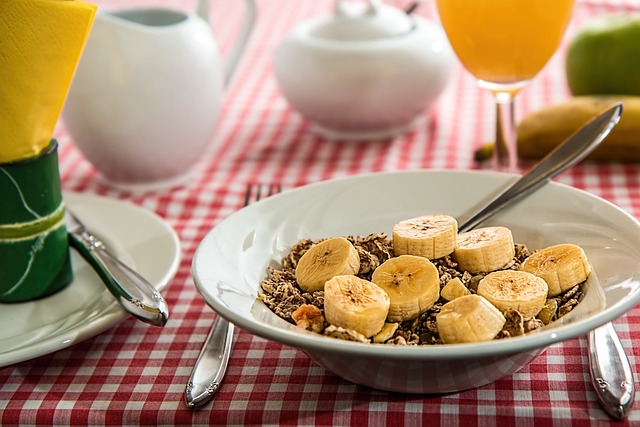Probiotics for Skin Health
Your skin is the largest organ of your body and it is also the most exposed. It is constantly being bombarded by pollutants, bacteria, and UV radiation. Proper skin care should be a top priority since it serves as the first line of defense against these harmful external factors. Diet plays a significant role in maintaining good skin health. This is where probiotics come in. In this blog, we will discuss how probiotics can improve skin health from acne to eczema.
What are Probiotics?
Probiotics are live microorganisms that improve the balance of the intestinal microbiota. Our intestines contain several strains of bacteria, some good and others harmful. The balance of these bacteria is crucial for our overall health. Probiotics help maintain this balance by suppressing harmful bacteria and promoting good ones.
Acne
Acne is a common skin condition that occurs when oil and dead skin cells clog hair follicles. This results in whiteheads, blackheads, and pimples. It is usually associated with hormonal changes during puberty but can occur at any age. Studies have shown that certain strains of probiotics can be effective in treating acne. The strains Lactobacillus acidophilus, Lactobacillus delbrueckii, and Bifidobacterium bifidum have shown to be particularly effective in reducing acne lesions.
Eczema
Eczema is a chronic inflammatory condition characterized by red, itchy, and dry skin. It affects about 30% of the global population and is particularly common in children. Eczema is caused by a combination of genetic and environmental factors. Studies have shown that supplementing with probiotics can help reduce eczema symptoms. The strains Lactobacillus rhamnosus and Bifidobacterium lactis have been shown to be particularly effective in reducing eczema severity.
Aging
Aging is a natural process that is influenced by several factors, including genetics, lifestyle, and diet. Our skin is particularly susceptible to age-related damage due to its constant exposure to the environment. Probiotics can help protect the skin against age-related damage. They do so by reducing inflammation and protecting against oxidative stress. Studies have shown that supplementing with probiotics can improve skin elasticity, reduce wrinkle depth, and increase skin hydration.
Sun Damage
The sun is a major contributor to skin damage. It generates free radicals that can damage skin cells and cause premature aging. Probiotics can help reduce the effects of sun damage by improving skin barrier function. They do so by inducing the production of ceramides, which help retain moisture in the skin. Studies have shown that supplementing with probiotics can reduce UV-induced skin damage and improve skin hydration.
Conclusion
Probiotics are a promising treatment for several skin conditions. They work by improving the balance of the intestinal microbiota, reducing inflammation, and protecting against oxidative stress. There is still much research needed to further support the benefits of probiotics for skin health. However, the current evidence shows that probiotics are a safe and effective treatment option.







